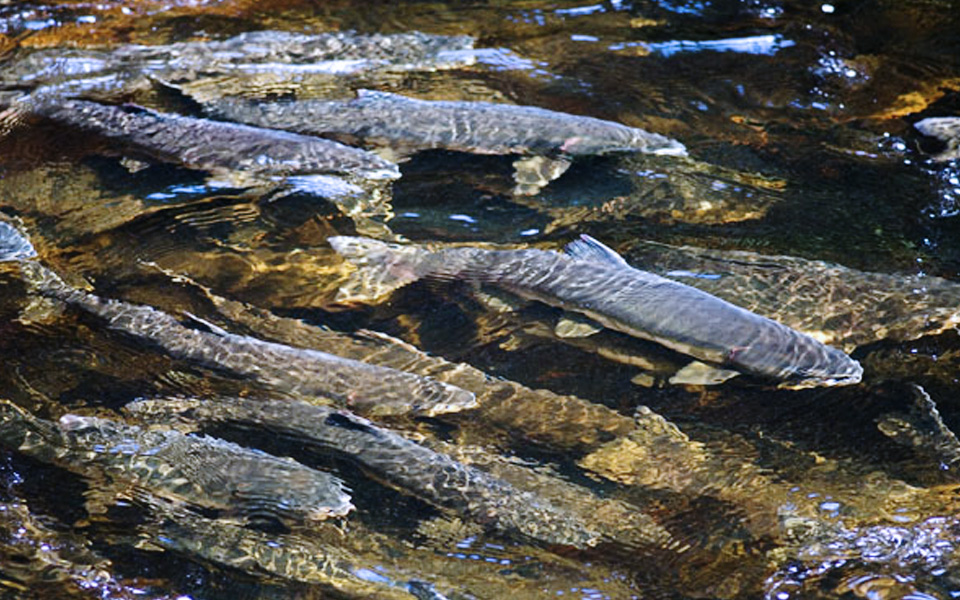
Pebble Mine: Protecting the Public’s Right to Notice
Trustees for Alaska attorneys appeared before the Alaska Supreme Court on December 17, 2013, in a precedent-setting constitutional case about the Pebble Project. Trustees represents Nunamta Aulukestai (“Caretakers of our Land”), Bristol Bay residents Ricky Delkittie, Sr. and Violet Willson, former Alaska First Lady Bella Hammond, and Constitutional Convention Delegate and scholar Victor Fischer to obtain public notice and an evaluation of the impacts of large-scale industrial mining exploration and water use at the Pebble Project. They claim the Alaska Constitution guarantees public notice and an analysis of the project before permits are issued.
The State has given no public notice of these permits for Pebble Project for more than two decades, despite the extensive exploration activities of over a thousand boreholes, and millions of gallons of water used from streams and ponds in the sensitive Bristol Bay region. There has been no analysis of these activities to allow the public to understand and have a say about whether these activities should be permitted, and the State claims it is not required to perform such an analysis. The Court’s questioning focused on the level of exploration and water use activity that would trigger public notice, and an analysis by the State. The arguments and Court’s questioning of both sides can be viewed here.
The same day, the Supreme Court heard arguments from these Plaintiffs who are seeking protection from having to disclose information about the funding of the lawsuit to Pebble and the State, who are seeking nearly $1 million in fees and costs from the Plaintiffs. Alaska law protects constitutional claimants, like the Plaintiffs, from having to pay the other side’s attorneys’ fees so long as the case is not frivolous and the Plaintiffs do not have an economic incentive in the case. The Court questioned the economic incentive in the case as well as the invasion of privacy and constitutional rights of free speech. Click to access video recordings of the oral arguments concerning attorneys’ fees discovery from the plaintiffs and attorneys’ fees discovery from Trustees for Alaska and Alaska Conservation Foundation.
The Supreme Court’s decisions are not expected until late 2014 or early 2015.


